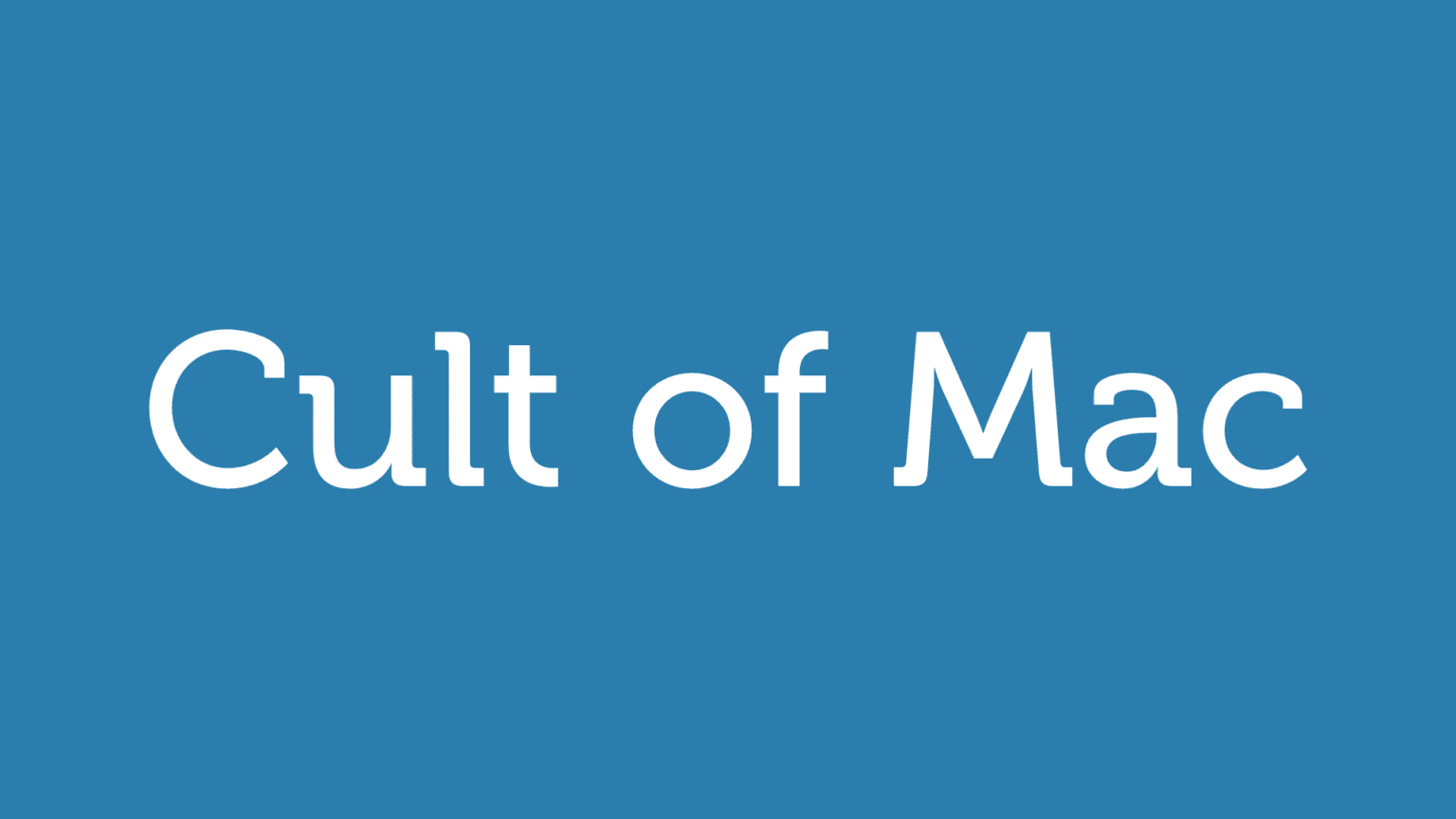
Companies considering introducing products in China may use Apple’s experience as a textbook on what mistakes to avoid. China, with billions of consumers, would seem to be the perfect market for the iPhone, one of the hottest consumer gadgets the Cupertino, Calif. company sells. However, CEO Steve Jobs and others made a number of unforced errors in China, besides those widely-publicized, according to Forbes.
In a review of the lackluster launch of the iPhone in China, Shaun Rein of the China Market Research Group, details several factors which likely caused Apple to stumble right out of the gate.
China’s cell phone owners mostly use pre-paid calling, rather than opting for a contract. “Top-up cards can be bought and recharged cheaply at street vendors everywhere in less than 30 seconds, with no identification required. Subscribing by the month is a pain,” Rein writes.
Apple also failed to consider local preferences which show typical Chinese spend under $12 per month, text more than make voice calls and change phones often, according to the article.
The second mistake Apple made in China was first picking China Unicom with 30 percent of the market instead of China Mobile which controls 70 percent of the nation’s cell phones.
“Our research suggests that most consumers believe China Mobile has better signal stability than China Unicom, especially in regional cities beyond Shanghai and Beijing, where more and more business trips and vacations are taking place,” said Rein.
Unlike in the U.S., where people flocked to AT&T just to get the iPhone, Chinese do not want to change carriers. Number portability is also not present, an additional factor in the reluctance of China consumers to switch carriers just to obtain the iPhone.
Finally, the Forbes piece points to what it calls Apple’s “biggest mistake of all” in China: waiting two years after the U.S. launch. While demand is slowing in the U.S. and Europe, China, India and Brazil are growing. “Consumers in those places don’t want to wait years to get a product they read about online the moment it comes out,” according to Rein.
These factors are on top of the many others, including the presence of millions of black-market iPhones (with the Wi-Fi unavailable in early iPhones Apple sold through China Unicom), selling just 5,000 iPhones in China during the first week and reports a China online retailer sold just 5 Apple handsets in two weeks.



